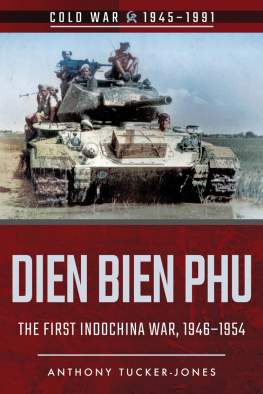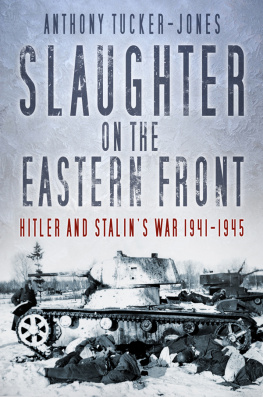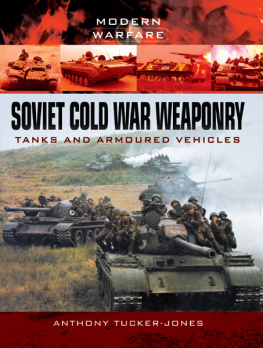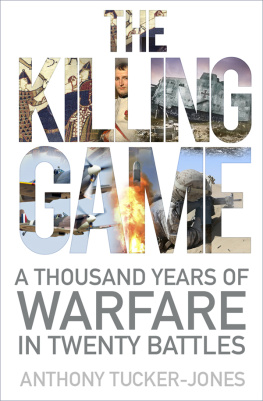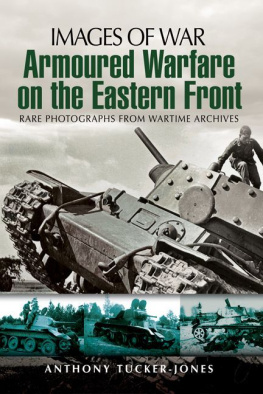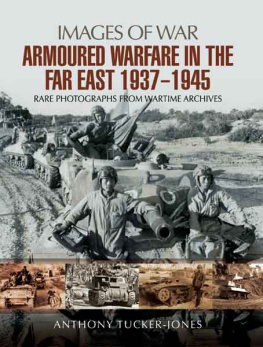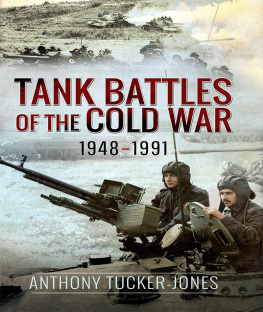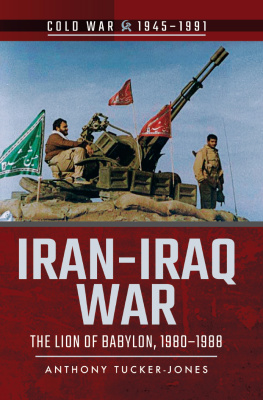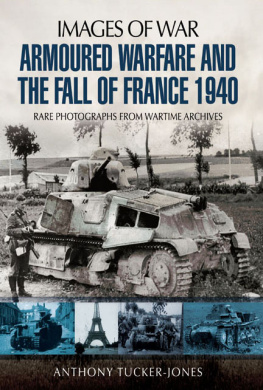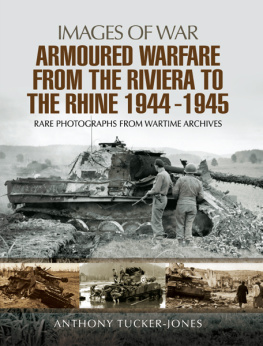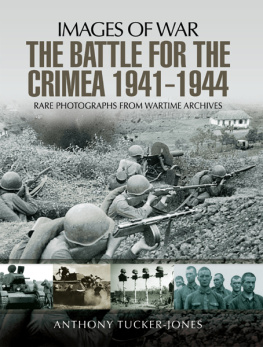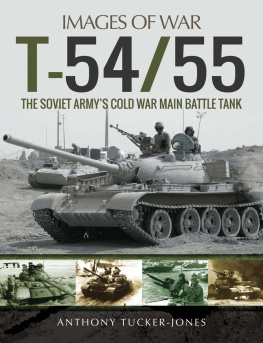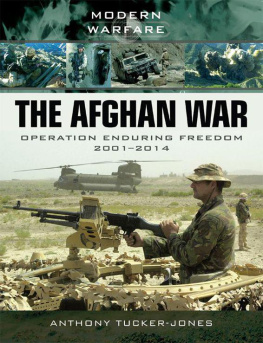
DIEN BIEN PHU
THE FIRST INDOCHINA WAR 19461954
ANTHONY TUCKER-JONES
In memory of Bernard de Lattre de Tassigny (19281951) Croix de Guerre and Mdaille Militaire
First published in Great Britain in 2017 by
PEN AND SWORD MILITARY
an imprint of
Pen and Sword Books Ltd
47 Church Street
Barnsley
South Yorkshire S70 2AS
Copyright Anthony Tucker-Jones, 2017
ISBN 978 1 52670 798 7
eISBN 978 1 52670 800 7
Mobi ISBN 978 1 52670 799 4
The right of Anthony Tucker-Jones to be identified as the author of this work has been asserted in accordance with the Copyright, Designs and Patents Act 1988.
A CIP record for this book is available from the British Library All rights reserved.
No part of this book may be reproduced or transmitted in any form or by any means, electronic or mechanical including photocopying, recording or by any information storage and retrieval system, without permission from the Publisher in writing.
Every reasonable effort has been made to trace copyright holders of material reproduced in this book, but if any have been inadvertently overlooked the publishers will be pleased to hear from them. Unless otherwise indicated, all photographs in this publication are via the author.
Pen & Sword Books Ltd incorporates the imprints of Pen & Sword
Archaeology, Atlas, Aviation, Battleground, Discovery, Family History, History, Maritime, Military, Naval, Politics, Railways, Select, Social History, Transport, True Crime, Claymore Press, Frontline Books, Leo Cooper, Praetorian Press, Remember When, Seaforth Publishing and Wharncliffe.
For a complete list of Pen and Sword titles please contact
Pen and Sword Books Limited
47 Church Street, Barnsley, South Yorkshire, S70 2AS, England
email:
website: www.pen-and-sword.co.uk
PROLOGUE WHERES BERNARD?
Just as the Cold War was starting, a young man by the name of Bernard de Lattre arrived in Indochina in 1949. He was a lieutenant in the French Army and a decorated Second World War hero. Bernard was a graduate of the cole Militaire Interarmes and, like many of his generation, had volunteered to fight the new menace to world peace communism. Such a decision was not universally popular at home and France had banned conscripts from shedding their blood in this distant land. His presence was to spark tragedy for him, his family and his country.
Bernard epitomized Frances young officer class. He believed in leadership by example and from the front. At 16, he had been wounded fighting the Germans on 8 September 1944 at Atun, for which he was awarded a medal for gallantry. Five years later, still eager for combat, he had volunteered to go to Tonkin in northern Indochina. There, in the face of a burgeoning Vietnamese guerrilla war, he despaired at the lax and uninspired military leadership around him. He urged his father, a famous general in the French army, to come and help, the troops needed him. Then on 30 May 1951, Bernard found himself sharing a sand-bagged dugout, protected by barbed wire, overlooking Ninh Binh on the Day River. Victory was at hand, or so it seemed.

Capture of Hanoi in the 1870s.
INTRODUCTION IMPERIAL HUBRIS
The revving engines of the cargo planes lined up on the airfield and taxiways were deafening. Across from them were rows and rows of tough-looking paratroopers in their camouflaged uniforms, waiting for the green light. Their faces were a mixture of apprehension, fear and excitement. For most this was not their first jump, but you just never knew what would happen when you hit a drop zone. There is a universal military saying that the plan never survives contact with the enemy. Once lumbering into the sky, each aircraft was packed with eighteen sweating men and all their combat kit, ready for the jump.
The men of the Viet Minh 148th Regiment were on exercise when they were alerted by the steady drone of engines overhead. Something big was about to happen. Their first thought was that bombs were about to fall, obliterating everything in their path. Even worse, it might be the terrible furnace-like fireballs created by exploding napalm. Instead, thousands of parachutes began to billow in the blue sky. They looked like the annual flower blossoms floating in the Perfume river that flows through the ancient Vietnamese city of Hue. Each flower, though, carried a deadly speck beneath it, an enemy soldier, a French soldier. Soon there was the sporadic sound of gun fire. The outnumbered Viet Minh were forced to withdraw round one to the French.
This is the story of imperial hubris and a place called Dien Bien Phu. It was a village of no great consequence located in a valley in northwestern Vietnam, not far from the border with Laos. Thanks to the Nam Youm (Nam Rom) River, the broad and very flat flood plain surrounded by jungle-covered hills is very verdant. In this valley, the French convinced themselves they could triumph once and for all over Vietnams communist nationalists.
This is also the story of Frances generals: de Gaulle, Leclerc, de Lattre, Salan, Navarre and Cogny, who were committed to maintaining the ideal of the French Union at any cost. They were involved in a long and brutal war in French colonial Indochina that resulted in such a decisive battle that it led to the international humiliation of France and heralded the end of the French Union. It also sowed the deadly seeds of the subsequent Vietnam War.
French Indochina consisted of five separate kingdoms: Tonkin (northern Vietnam), Annam (central Vietnam), Cochinchina (southern Vietnam), Laos and Cambodia, that had been fused together as part of the vast French empire. It was the Japanese occupation of part of northern Indochina in 1940 that precipitated Americas entry into the Second World War the following year. However, the Japanese did not occupy all of Indochina until early 1945, by which time the war was coming to a close. It was the resumption of French colonial rule by force that sparked the First Indochina War, which culminated in Frances defeat at Dien Bien Phu in 1954.
This colonial conflict was fought against the backdrop of the Cold War, an almost forgotten postscript to the Second World War. From 1945 until 1991, when the Soviet Union collapsed, ideological and military tensions between East and West regularly threatened to drag the world into another catastrophic global conflict. This was narrowly avoided on numerous occasions, thanks only to the spectre of nuclear war. Instead, the Cold War became a series of widespread proxy conflicts that often had little to do with the initial armed stand-off in Europe.

Japanese troops enter Saigon, 1941.
Europe was in economic and political chaos after 1945 the far left spearheaded by the communists and socialists thought it was their time to overturn the established order. However, the international community was so alarmed by such a prospect, especially in light of the perceived threat from the victorious Soviet Union, that it moved to contain communism wherever it should appear. For France, the Cold War actually commenced in the summer of 1944 when Charles de Gaulles Free French moved to head off French communists taking power in Frances major cities as the defeated Germans withdrew.

